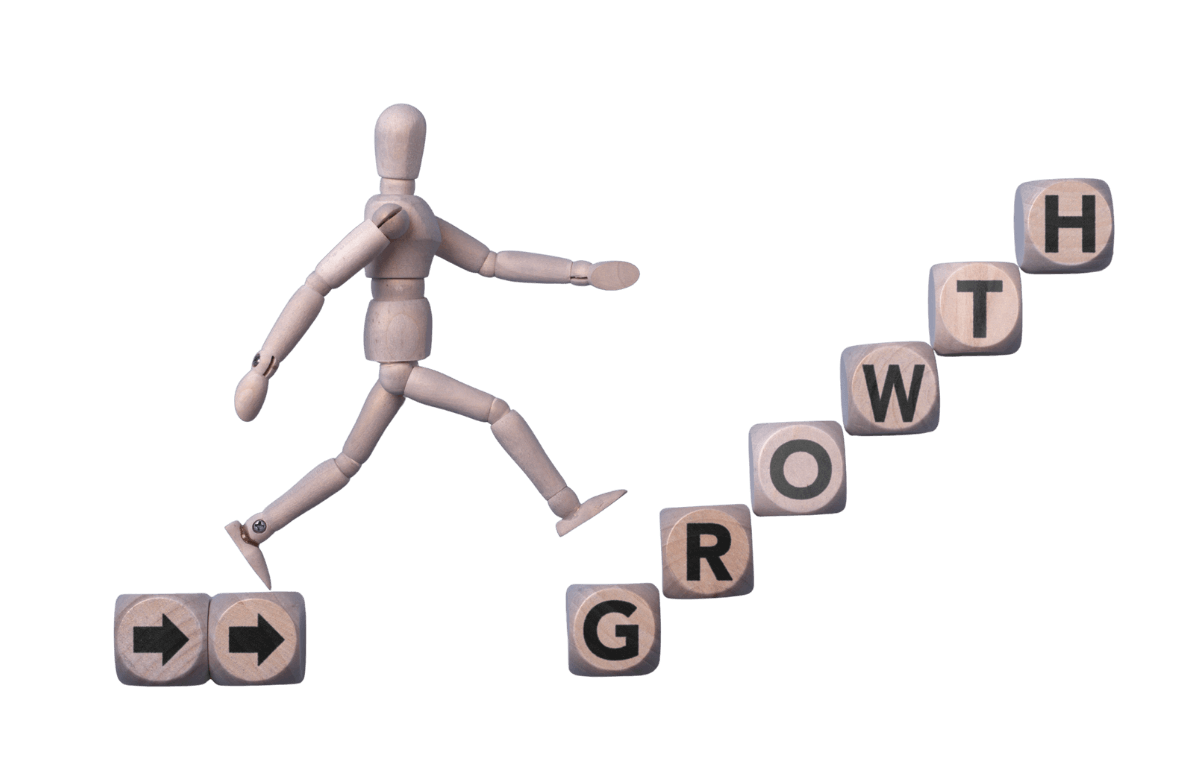The eight-hour workday: like it or absolutely loathe it, it’s still the most popular working routine in the world of employment. But, over the past few years, we’ve started to see a shift towards more flexible working hours.
And although this change has been undoubtedly expedited by the pandemic and the rise of the gig economy, it does beg the question - have we outgrown the need for an eight-hour workday?
As evidence would suggest, yes. We have.
The Origins of the Eight-Hour Workday
The eight-hour workday was introduced as a method of making working conditions more humane for employees during the industrial revolution. During this time, workers would typically work 10-16 hour days to cope with the 24/7 operational demands of running a factory.
Robert Owen, textile manufacturer and philanthropist, coined the slogan, ‘Eight hours' labour, Eight hours' recreation, Eight hours' rest’, to reform these extreme working habits. But the eight-hour workday wasn’t actually mainstream in the US until 1926, when it was mandated by Henry Ford throughout his company’s factories.
So it turns out that the oh-so familiar 8-hour day isn’t, in fact, based on science or research. It’s merely a slight improvement of far more extreme working conditions, and a labour structure designed specifically for factories. Not so compatible with today’s working world, which is filled with blog writers, graphic designers, and various other creativity-dependent roles, right?
Is It Even Productive?
It seems foolish to think that one could spend eight hours on one task with unwavering concentration, so why do we expect workers to do just that?
As research suggests, the average worker is only productive for 2 hours and 53 minutes in the working day. This means that almost 100 hours of productivity is lost per month simply by adopting the antiquated ‘9 to 5’ routine - yikes!
It’s no surprise then that companies who offer their employees flexitime or remote working are significantly more productive than those who don’t. These same companies also reap the benefits of a happier workforce i.e. better employee engagement, reduced turnover and lower absenteeism.
Without a doubt, the evidence suggests that the eight-hour workday could be hindering the output and staff morale of many modern businesses. So what’s the right answer? How can a business combat the negative implications that the 9 to 5 brings?
There’s No ‘One-Size-Fits-All’ Answer
It’s worth remembering that no two people have the exact same daily structure, and so trying to implement a working routine to suit everyone is impossible.
At Ten Space, we often work with clients who are struggling to improve their employee engagement or retention, and reduce absenteeism. One of the first things we normally ask is "do you really understand what motivates your workforce?" (hint: different organisations are built in different ways, have different cultures or have a different structure so there's no right answer) and if the isn't a very solid "yes" we help those clients by asking their staff through employee surveys. Invariably, this can help identify the drivers which will steer toward a solution, particularly if you ask the right questions (something we can guide you through).
Often, your team will suggest the right answer that they need in order to improve their employee engagement and help you improve on your eight-hour-work day.
It might be as simple as giving your team a little freedom - or at least wiggle room - with regards to when they work is what you need as that can really do wonders. For some organisations, that might be introducing "core hours" (e.g. you need to be in the office 10:30-3 and make the rest of the hours up any time). For others, it might mean offering condensed hours where people work their 10 days worth of hours in 9 longer days then have the 10th as a non-working day. Offering remote working once a week, or giving your team frequent breaks can be super helpful if you don’t want to wave goodbye to the 9 to 5 just yet.
At the end of the day, the happiest employee is the most productive employee. So keep morale high and the rest will follow - even if that means ditching the eight-hour work day altogether!
Ten Space works with organisations with diverse and complex needs all the time to help them measure employee engagement. We tailor our offering to make sure each client can get the right insight to make the best decisions for their organisation. Why not contact us for a free chat about what we would do to help you understand your team's needs better.



